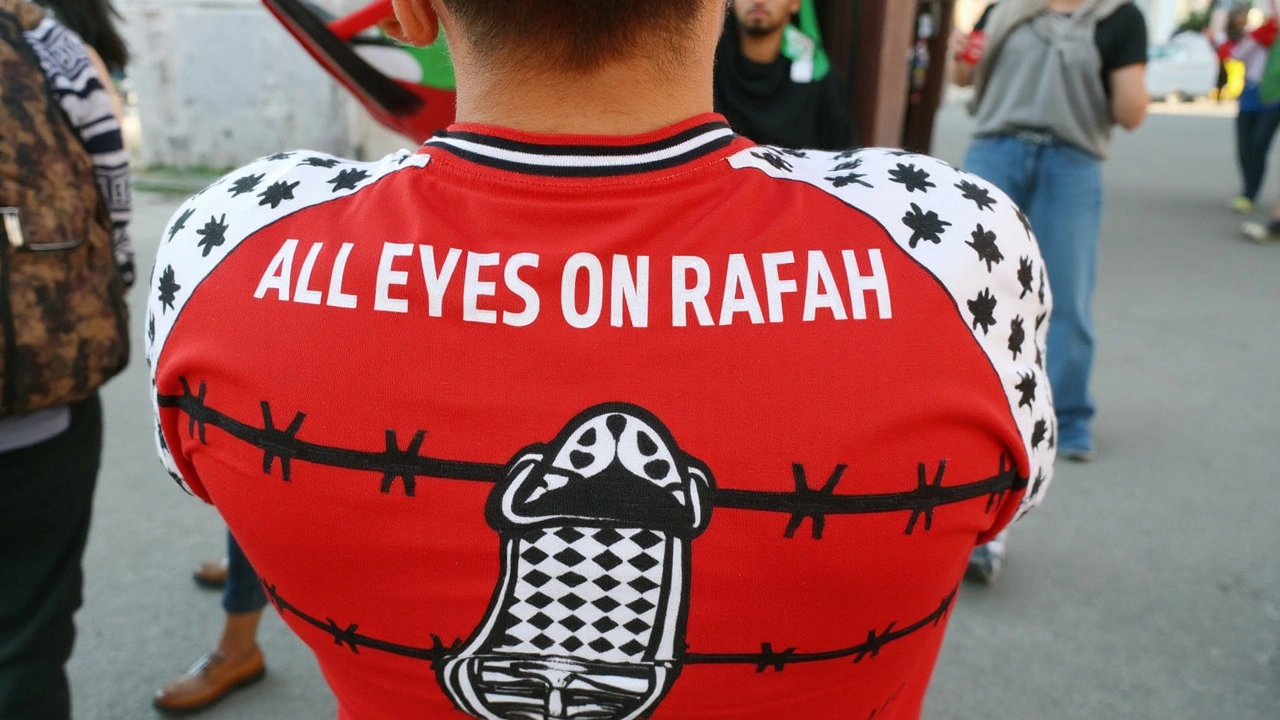Egypt Cracks Down on International Gaza Aid Convoy
Something strange unfolded in Cairo this week. Egyptian plainclothes police moved swiftly, raiding hotels and Cairo International Airport, detaining over 200 activists from the US, Europe, North Africa, and even as far as Australia. These were not random arrests. The activists were all preparing to join the Global March to Gaza—a coordinated effort by people from 80 countries to bring food, medical supplies, and public attention to the humanitarian crisis playing out just over the border.
The massive roundup included Americans, Australians, Dutch, French, Spanish, Moroccans, Algerians, Tunisians, Turks, Swedes, and Danes. Police confiscated phones, laptops, and travel documents, leaving many participants in limbo. Some were subjected to hours of questioning before being released, but dozens were quickly deported—including almost all participants from Tunisia, Turkey, and Algeria. Others simply disappeared into Egypt’s security apparatus, their whereabouts unknown to even fellow travelers.

Clashes Over Permits and Political Friction
Organizers weren’t caught off guard. They knew Egypt was wary of any action near the Rafah border, especially with tension spiking in Gaza. Activists had planned to camp near the Rafah Crossing from June 15 to 19, hoping their very presence would pressure international agencies to open the pathway for desperately needed supplies. But Egypt, wary of losing control at its border and not eager to anger Israel, demanded official permits for the convoy. Authorities called the action an 'unauthorized international gathering' and announced no entry would be allowed without paperwork.
Saif Abukeshek, a spokesperson for the march, said on-the-ground organizers expected roadblocks, but not the intensity of the crackdown. Hotels around Cairo hosted dozens of international guests suddenly awoken by shouts and banging at their doors as security forces swept through, searching for anyone linked to the convoy. At the airport, others were stopped at passport control and separated from their groups. Multiple sources reported belongings seized, passports withheld, and activists forced onto planes bound for their home countries after hours in detention rooms.
- Moroccan police spoke up, publicly criticizing Egypt after several of their citizens were subjected to "unjustified deportation."
- Algerian activists spent a full day in police custody before being told to leave the country.
- French and Turkish nationals described having their devices thoroughly inspected and never receiving them back.
The Egyptian Foreign Ministry didn’t mince words either. They emphasized security as the prime concern, saying they would not allow any international 'Resilience Convoy' at the Rafah gate without formal documents and permits. For Egyptian officials, control of the border is non-negotiable amid the chaos of the region.
The timing is impossible to ignore. This hardline stance came just as Gaza’s humanitarian situation hit new lows, with Gaza facing mounting casualties—over 55,000 Palestinians killed in recent months, according to local sources. The hope among activists was that a show of global solidarity might force open the border to lifesaving aid. Instead, they found themselves at the center of a tense international standoff, watching from the outside as the situation in Gaza grows more dire by the day.





